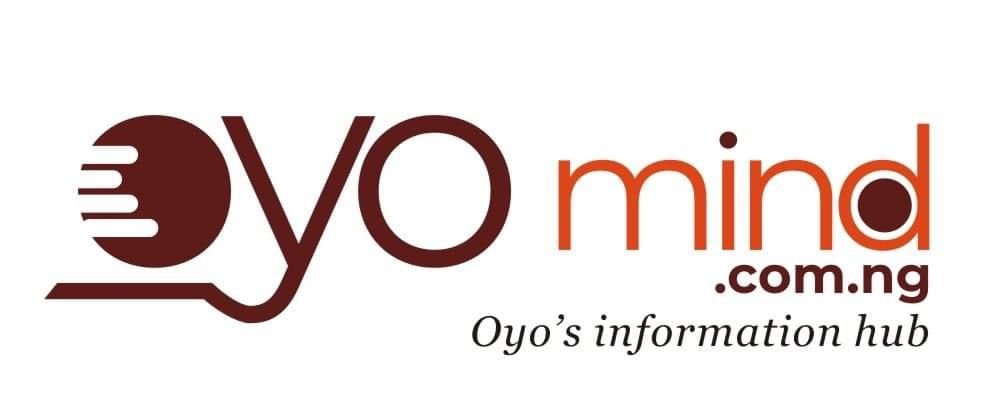Lack of reliable power supply has long been a major barrier to effective health care delivery, especially at the grassroots and underserved areas which are the closest to the people. This menace has been leaving these Primary Health Centres PHCs redundant, vulnerable to disorders, bringing about high mortality rate and poor healthcare services.
Nigeria’s epileptic power supply, especially in recent times, and as being severely felt under this present administration at the federal level is not merely a technical or an economic issue; it is a fundamental impediment to the country’s prosperity and well-being, as almost every sector becomes paralysed, productivity level dropping drastically and many businesses becoming liquidated.
It is pitiable that even, tertiary health institutions that should be mostly prioritized now wallow in abject darkness. There exist a long list of persons waiting for rescheduled surgical processes as the health institution’s sustainability on generators is no longer feasible.
In times past, Adeoyo State Hospital, Ring Road and the annex at Yemetu used to include gallons of water and lamps as part of requirements for admission of pregnant women in their maternity sections. The consequences are dire, with lives hanging in the balance due to preventable illnesses and complications exacerbated by power outages.
The consequences of Nigeria’s power crisis reverberate across all facets of society, hindering socio-economic development and stifling meaningful development.
At the initial stage, Gov. Seyi Makinde reeled out four cardinal points which his administration would work on, viz; Education, Security, Agriculture and Health, and since assuming office as Governor of Oyo State, he has prioritized health and all other sectors as key areas for development and improvement as slated in his blueprint. Some of his notable policies and initiatives in the health sector include the revitalization of moribund facilities, staffing and equipping with state-of-the-art facilities, purchase of standard ambulances and installation of solar power, as a relaible alternative. Without reliable power, clinics struggle to operate medical equipment, maintain vaccine preservation, and provide adequate lighting for minor surgeries and childbirth.
In harnessing the facilities, 23 Primary Health Centres have been fully equipped with solar power by the Ministry of Energy and Mineral Resources under the exceptional leadership of Barr. Seun Ashamu, while many others are in progress. Evidently, the improved standard of the centres serve as lifelines for millions, offering vital services ranging from maternal care to immunizations and minor surgeries.
The closest Primary Health Centre to me, Alakia-Isebo Primary Health Centre has the highest record of delivery more than any other clinic or hospital. The rise in patronage is a pointer to the fact that healthcare services is top-notch and all facilities and practices are standard while 24-hour service is guaranteed. We no longer have the fear of an erratic or epileptic power supply, bringing about transformation of the energy landscape of primary health care system in Oyo state that enables clinics to operate efficiently and effectively even in the most remote locations. Governor Makinde promised that each of the 351 wards of Oyo State would have at least one Primary Health Centre, a promise he has been keeping with since his first term, hence, the construction, upgrading, renovation, equipping and recruitment of health workers in selected 299 primary health centres across the state, being the first batch.
By investing in solar power solutions for primary health care centres, the Ministry of Energy and Mineral Resources is bridging the gap in access to essential services, saving lives, and building resilient healthcare systems.
Akinloluwa writes from Egbeda






















